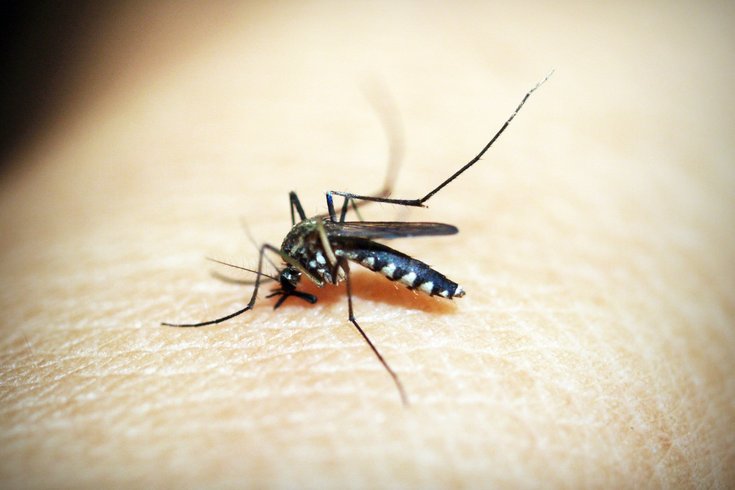
August 22, 2024
 icon0.com/Pexels
icon0.com/Pexels
Two Philadelphia residents have been infected with West Nile virus and both are hospitalized with a serious disease caused by the pathogen, health officials say.
Philadelphia has reported its first two cases of West Nile virus this year, and more mosquitoes are testing positive for the virus earlier in the season, compared with previous peak seasons, according to the health officials.
The two Philadelphia residents with West Nile virus were hospitalized last month with acute flaccid myelitis, a serious neurological condition, said Dr. Shara Epstein, medical director of the Division of Disease Control at the Philadelphia Department of Public Health. No further details about the two people hospitalized were available.
The virus is transmitted from the insects to humans through bites. Approximately 70-80% of people who are infected with West Nile virus do not become symptomatic. About 20% of those infected develop fevers, accompanied by a rashes, headaches, muscle pains and gastrointestinal problems. Less than 1% develop acute flaccid myelitis or other diseases that infect the central nervous system, according to the Centers for Disease Control and Prevention.
"Because the proportion of mosquitoes testing positive for WNV has increased earlier in the year and is so far higher than previous peak seasons, increased risk (of infection) will continue into late fall," Epstein said.
West Nile virus is active across Pennsylvania, and the state has had a total of seven confirmed human cases to date, the CDC reports. In the Philly suburbs, there has been one person in Montgomery County and two people in Bucks county to test positive, the most recent data shows.
New Jersey is also seeing a greater uptick in West Nile cases earlier than expected, New Jersey Health Commissioner Dr. Kaitlan Baston said in a release. At least three New Jersey residents have tested positive for the West Nile virus, including one in Camden County resident, state data shows.
No vaccine or cure exists for West Nile virus. Most people who have had the virus are usually protected from getting it again, the CDC says.
Some local municipalities are spraying areas where mosquitoes breed, usually in bodies of water. The Philadelphia Department of Public Health recommends people use a mosquito repellent approved by the Environmental Protection Agency, especially at dusk and dawn. The most effective mosquito repellents contain DEET, picaridin or PMD.
Wearing loose, long-sleeve shirts and pants, as well as socks and shoes, also helps protect against mosquito bites. Health officials also make these recommendations:
• Use screens in windows to keep mosquitoes out of homes
• Shut doors and windows and use air conditioning, if available
• Regularly check for pools of standing water collecting near your home and pour them out
Philadelphia residents can report mosquito problems and dead bird sightings to the health department's Vector Control Program’s Mosquito Complaint hotline at (215) 685-9000.